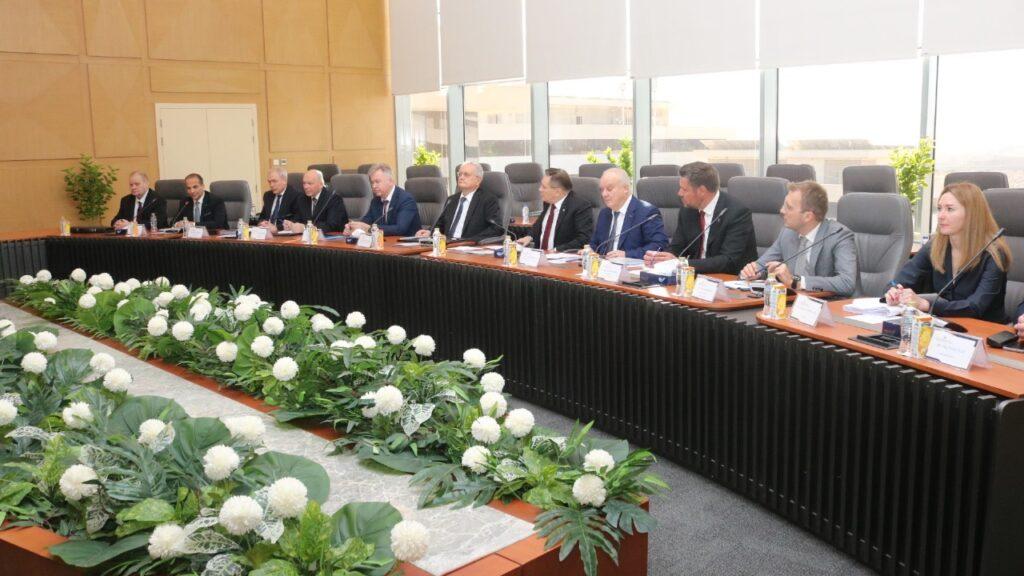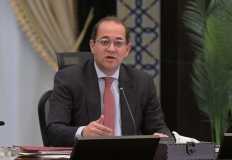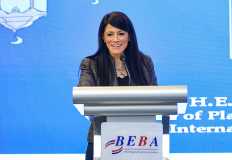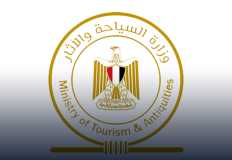
Dr. Mahmoud Essmat, Minister of Electricity and Renewable Energy, with Ahmed Kouchouk, Minister of Finance, Major General Ahmed Al-Azzazi, Head of the Engineering Authority, Georgy Borisenko, Ambassador of Russia, received Alexei Likhachev, Executive Director of the Nuclear Power Authority Rosatom Rossi, and Dr. Andrey Petrov, Deputy Director General of the Russian government institution - Chairman of Atomstroyexport and their general delegation, at the Ministry’s headquarters.
The meeting was held between Egyptian and Russian officials, including Dr. Amgad Al-Wakil, head of the Nuclear Power Plants Authority, to discuss the latest progress and future plans for the Dabaa Nuclear Power Plant project. Both sides reaffirmed their commitment to completing this strategic project on schedule and adhering to the highest international standards.
The meeting focused on accelerating
the project's implementation and emphasized the importance of continued close
cooperation between the two countries. Participants reiterated their dedication
to the established work plan and timelines, aligning with Egypt's Vision 2030
and the development of its nuclear energy sector.
The Dabaa Nuclear Power Plant is
a key national project, central to Egypt's sustainable development strategy and
the realization of the New Republic's vision. By addressing the growing demand
for electricity, enhancing energy security, supporting development initiatives,
and creating jobs, this project is poised to significantly contribute to
Egypt's economic growth.
The meeting highlighted the Dabaa
nuclear power plant project as a testament to the successful strategic
partnership between Egypt and Russia. This partnership, rooted in deep-seated
historical ties, is exemplified by the implementation of this significant
project within the framework of Egypt's peaceful nuclear program for
electricity generation.
Discussions during the meeting
centered on the project's progress, recent developments, and achievements in
various areas, including engineering, technical, administrative, and human
capacity building. These efforts are aligned with Egypt's national plan and government
program to diversify its electricity generation sources and optimize its energy
mix strategy.
Both sides emphasized the
importance of continuous follow-up. They agreed to maintain regular meetings
and mutual visits to track the progress of the national electricity generation
project. This continuous coordination between the Egyptian and Russian teams
aims to ensure the timely completion of the project, which symbolizes the
strong historical ties between the two nations and fosters integration and
cooperation among all parties involved in Egypt's peaceful nuclear energy
program for electricity generation.
Essmat confirmed that there is
continuous follow-up on the Dabaa nuclear power plant project with continuous
monitoring of its progress to ensure timely completion and grid connection. He
emphasized the importance of the project within Egypt's strategy to diversify
its energy mix, reduce reliance on fossil fuels, and lower carbon emissions.
This aligns with the nation's commitment to sustainable development and the
peaceful use of nuclear energy.
Highlighting the government's
dedication to this initiative, Essmat noted the ongoing training and licensing
programs for nuclear power plant personnel. He also acknowledged the strong
partnership between Russia and Egypt, emphasizing the political leadership's
close oversight of the project.
By implementing this project, Egypt aims to enhance energy security, improve the quality of electricity services, and contribute to a cleaner and more sustainable future.





